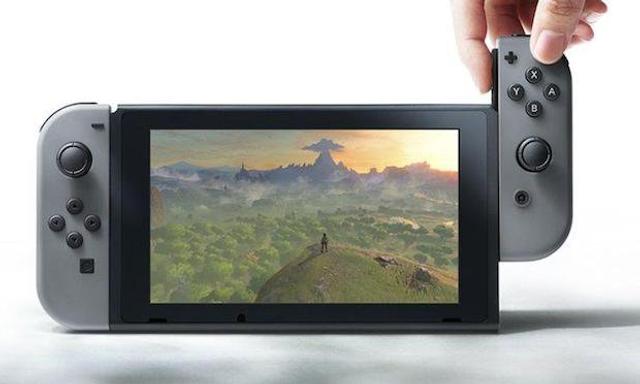The Nintendo Switch has revived Nintendo's fortunes after the failure of the Wii U, but fans will have to wait a bit longer for a successor to the hit console.
An article by Japanese financial newspaper Nikkei reports that Nintendo missed sales targets in the first half of 2022 owing to a shortage of chips and reduced consumer spending, and Nintendo want to sell 21 million Switch units by the end of the 2023 fiscal year.
At the end of last year, Nintendo indicated they will be cutting production of the Switch as a shortage of computer chips and components as a result of global shortages, and Nintendo president Shuntaro Furukawa told Nikkei “Normally, we stockpile inventory in the summer to prepare for the year-end sales season, which is at its peak."
"This summer, we are not able to produce as many as usual," he added.
Hitting the sales target is Nintendo's main concern right now, and any talk of a new console is still in the very early planning stages at the Japanese gaming giant.
At the start of 2022, it was announced that the Switch had become Nintendo's most successful console of all time in terms of sales, overtaking the Wii.
The Switch has been a roaring success for Nintendo since it launched in 2017, and despite its relatively underpowered specs compared to its console peers, it has enjoyed incredible success in large part to its "pick up and play" philosophy.
Sales of the Switch were supercharged in 2020 and 2021 as Covid-19 lockdowns raged across the world, with like 'Animal Crossing: New Horizons' selling nearly 40 million copies.
Gaming media and fans have speculated endlessly about what a successor console to the Switch could look like, with many industry analysts pointing to the new Nintendo console having 4K support but also keeping the handheld design that has made the Switch so successful.
In any case, Nintendo are still pouring resources into first-party titles for the Switch, with 'Xenoblade Chronicles 3' launching last week to strong sales figures and 'Splatoon 3' hitting Switch in early September.









































































